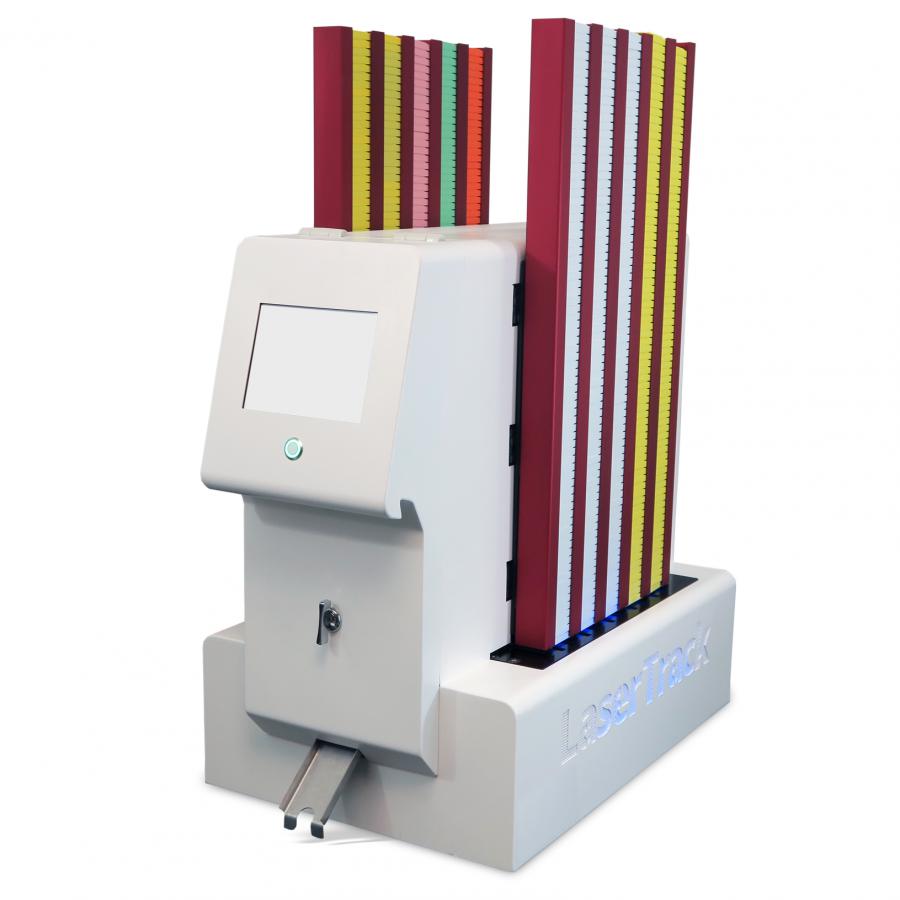Printer bug sends researchers into uproar, impacts main Linux distros

A collection of vulnerabilities impacting almost all main Linux distributions that turned the speak amongst cybersecurity professionals on Thursday seems to fall wanting the “subsequent Log4Shell” hype and will be mounted with a easy remediation. .
The bugs impression OpenPrinting CUPS (Frequent Unix Printing System), the default printing system present in hottest variations of Linux, like Purple Hat, Debian, and Canonical’s Ubuntu. Whereas CUPS is put in on most Linux programs, it usually isn’t configured to deal with printing duties, which is required for the vulnerabilities to be exploited in an assault.
Moreover, for many programs, CUPS must be manually enabled and the attacker has to have entry to the server. The affected server additionally has to have public web and native community connections entry.
Fortunately, this spares cyber defenders from rapid widespread impression, mentioned Brian Fox, co-founder and chief expertise officer for the open-source cybersecurity agency Sonatype.
“Because of this though an attacker can plant the malicious machine, they can not exploit the vulnerability except a print job is shipped to it,” Fox mentioned. “Nonetheless, this case is regarding as a result of future assaults following an analogous sample may not require a print job to set off and will exploit related vulnerabilities.”
Simone Margaritelli, a vulnerability researcher who made the invention, reported the bugs and exploit chain weeks in the past however says he had issue with the method. Margaritelli, who initially deliberate to reveal the bug subsequent week, took to social media Thursday morning to warn that one thing pressing was coming, whereas additionally noting there ought to have been extra CVEs assigned as effectively.
“In case your software program has been operating on all the things for the final 20 years, you may have a freaking duty to personal and repair your bugs as a substitute of utilizing your energies to clarify to the poor bastard that reported them how mistaken he’s, even tho he’s actually supplying you with [Proof of Concept] after [Proof of Concept] and systematically proving your assumptions about your personal software program mistaken at each remark,” he posted on X. “That is simply insane.”
Later Thursday, Margaritelli claimed the embargo was dropped as a result of his preliminary report — exploit included — was leaked by the Vulnerability Info and Coordination Setting (VINCE), the CERT coordination heart run by Carnegie Mellon College. Margaritelli’s weblog publish included a screenshot of a submission on the cybercrime discussion board BreachForums on Tuesday, which detailed his submission to VINCE. He informed CyberScoop in an e-mail didn’t submit the data anyplace else.
In all, 4 vulnerabilities have been created on account of Margaritelli’s analysis:
CVE-2024-47176 cups-browsed model 2.0.1 and under
CVE-2024-47076 libcupsfilters model 2.1b1 and under
CVE-2024-47175 libppd model 2.1b1 and under
CVE-2024-47177 cups-filters model 2.0.1 and under
Matthiew Morin, head of product with the XIoT safety agency NetRise, mentioned the bug may nonetheless be a “massive deal” for servers that is perhaps affected. Shodan, a search engine that indexes details about internet-connected gadgets, posted on X Thursday that there are “no less than 75,000 uncovered CUPS daemons on the Web.”
https://twitter.com/shodanhq/standing/1839418045757845925
Morin mentioned operators they work with operating IoT gadgets usually “do not know what software program is operating on them not to mention having the ability to handle and safe these gadgets.”
“From a remediation perspective, it’s fairly ‘easy,’” he mentioned. “The issue is that it’s put in on just about each Linux system by default.”
Purple Hat famous that customers can examine if they’re weak by operating: sudo systemctl standing cups-browsed
Margaritelli’s weblog publish lists the next instructions for remediation:
- Disable and take away the cups-browsed service for those who don’t want it (and possibly you don’t).
- Replace the CUPS package deal in your programs.
- In case your system can’t be up to date and for some motive you depend on this service, block all visitors to UDP port 631 and presumably all DNS-SD visitors.






